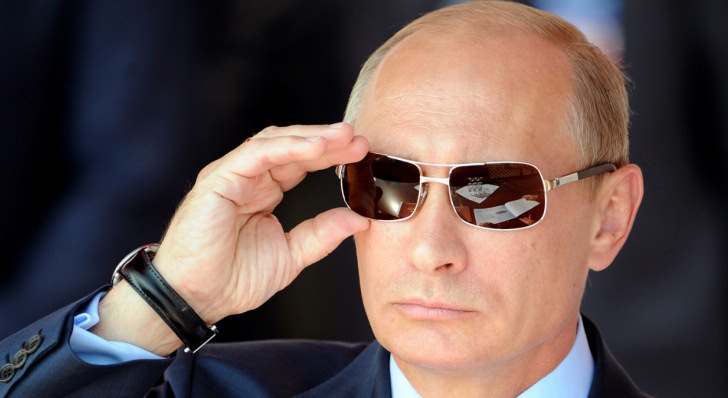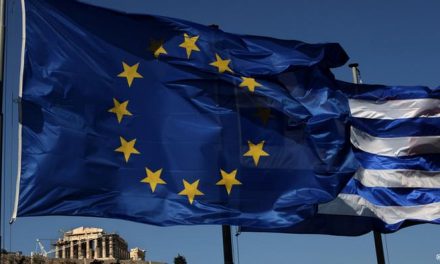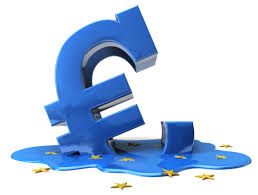By TodayZaman
The recent downing of a Russian fighter jet by Turkey has added more strain to the already tense relations between the two countries and consecutive moves to implement economic sanctions by Moscow could place Turkish companies investing in Russia and Turkish exporters to the country in a difficult position.
The biggest share in Turkey’s economic relations with Russia comes from revenues obtained by Turkish companies who engage in manufacturing activities and sales with Russia. The total amount of annual Turkish exports to Russia comes to $3.7 billion. When suitcase trading, tourism revenues and the turnover of Turkish companies in Russia are added to this, the figure rises to $65 billion. Furthermore, 1,000 Turkish employers have settled in Russia. There are around 36,000 Turkish workers in the country, including seasonal workers. Turkish companies’ revenues in Russia come to $3 billion.
The main items Turkey exports to Russia are fresh fruit and vegetables, textile products and machinery equipment. Although Russia is among Turkey’s main export partners, Turkey’s exports to the country have already dwindled by 40 percent annually and receded to $3.7 billion due to the slowdown in the Russian economy. However, suitcase trading should also be taken into account, though it has diminished by 34 percent and fallen to $2.2 billion annually. Another sector that will be affected by the tension with Russia will be the tourism sector. This year, Russia’s contribution to Turkey’s tourism revenue is expected to be around $2.7 billion.
Russian President Vladimir Putin’s visit to Ankara in 2004 was of historic importance because it was the first official visit by a Russian leader in more than 500 years. Following this visit, obstacles preventing the development of economic relations between the two countries were lifted one by one and the countries set a target of $100 billion for bilateral trade. The close and extensive cooperation with Russia that began in 2000 and became more visible in 2004 continued until the outbreak of a civil war in Syria in 2011.
Since Russia is currently in an economic crisis and overwhelmed by Western sanctions, it is expected to keep its retaliatory moves within the areas of economic relations, energy projects and tourism.
Biggest revenue obtained by Rönesans
One of the biggest advantages for Turkey in the Russian market is the Turkish companies that manufacture and sell goods. Dominated by construction companies Rönesans and Enka, Turkish companies have revenue of at least $3 billion annually in Russia. For instance, 63 percent of the revenue of Rönesans Holding comes from its work in Russia. The company’s revenue for the year 2014 was around $2.8 billion and $1.4 billion of its annual revenue came from Russia.
THY expected to carry 1 million passengers to and from Russia this year
Two percent of the total revenue of Turkish Airlines (THY) comes from connections with Russia. Russia’s contribution to the company’s total revenue in 2014 was $209 million out of $10.4 billion. Analysts have estimated that growing regional risks could suppress demand and lead to a decline in the number of Russians using THY. THY is expected to carry 1 million passengers on Russian routes this year. Growing regional risks are also expected to pose a threat to Pegasus Airlines due to diminishing demand.
Export companies are under threat
Not only companies that operate in Russia but also those exporting goods will be affected by the strained relations between Turkey and Russia. For instance, Turkish household appliances manufacturer Arçelik, which is owned by the Koç Group, has annual exports to Russia of $162 million, while $7.3 million out of the $733 million annual turnover of Brasa of the Sabancı Group in 2014 came from the Russian market.
Anadolu Cam, a subsidiary of Turkey’s largest glass manufacturer, Şişecam, obtains 25 percent of its consolidated revenue from Russia, Georgia and Ukraine. Trakya Cam, another subsidiary of Şişecam, obtains 5 percent of its consolidated revenue from Russia.
Enka İnşaat, whose ongoing construction projects in Russia have a value of $212 million, obtains 37 percent of its revenue from real estate. In the first nine months of 2015, Enka acquired $294 million revenue from real estate business and company’s real estate investments in Russia make up 9 percent of its total sales revenue.























